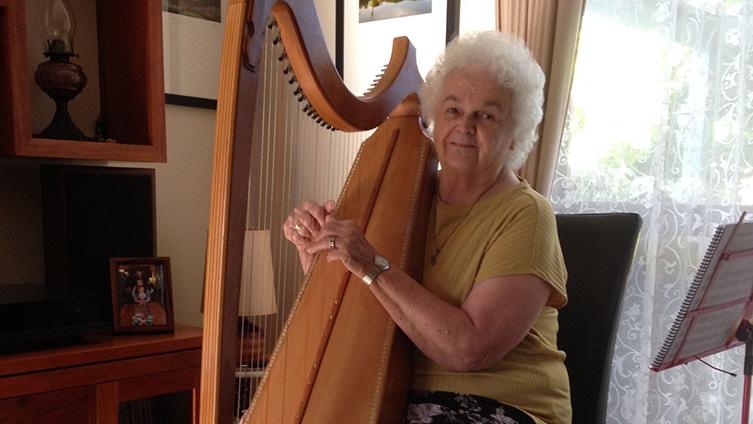
As today is World Poetry Day, we thought we’d start out by busting a verse-based myth that’s been doing the rounds on the internet lately.
Increasing quarantine measures in the face of the recent coronavirus outbreak have seen a good few people post this, or variations thereof, on social media:
Just a reminder that when Shakespeare was quarantined because of the plague, he wrote King Lear.
— . (@rosannecash) March 14, 2020
There is a great thread of replies to this tweet here, but be warned that not all of them are family friendly!
It’s a great story, and a source of inspiration to all the now desk-bound writers and poets out there.
Only . . . it’s a little misleading.
It’s by no means clear exactly when the play was written (or “Antony And Cleopatra” or “Macbeth”, both believed to have been written at around the same time). Certainly the first surviving references to these works date from around 1606-08. But did he settle down to write them because he was stuck in the house?
Who knows?
The bubonic plague broke out an awful lot back then. It’s entirely possible he’d been working on these plays for some time.
And quarantine procedures were probably a little more lax than they are today . . .
Chapter and verse
Whether it’s true or not, it does raise an interesting question: what are you going to do with your time?
Well, Fiction Ed Lucy would like you to follow in Shakespeare’s (alleged) example, and pen some poetry!
Right now we’re looking for poetry for our weekly magazine and specials coming out from summer 2020 onwards. So if you’re thinking about writing something, you may want to focus on summery themes!
We’ll also soon be looking for poetry for our Friendship Book (our Lucy has written some great advice here for this) and our Fireside Book 2022.
Plus we’ll be looking for submissions soon for our 2022 Annual.
That’s plenty for our fantastic contributors to be getting on with while self-isolating! We can’t wait to see what you submit.
For more information on World Poetry Day, click here.
For more information on submitting poetry to “The People’s Friend”, click here.




